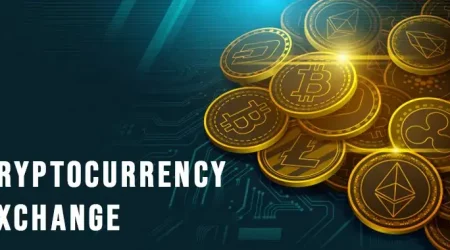Lido (LDO) may see a bullish rally soon
Liquid staking has grown in popularity over the past year in part due to the inability to withdraw your ETH staking tokens before the consensus level fully launches.
As a result, Lido ( LDO ) has established itself as a leader in the liquid staking sector. Lido is one of the main staking protocols for several popular tokens and allows token holders to earn additional returns.
Data from Cointelegraph Markets Pro and TradingView shows that the LDO price was higher during March and then entered a period of consolidation in early April. The broader market is currently in a sharp downtrend, but the rise in the staking sector and the upcoming Ethereum “merger” could still lead to bullish results for LDO.
The price of LDO reversed trend towards the end of February, and this was partly due to the addition of Polygon liquid staking (MATIC) to the Lido protocol, which was developed in conjunction with Shard Labs. At the time of writing, MATIC accounts for over $14.5 million and is generating an 8.7% yield. The protocol currently allows staking on ERC-20 MATIC tokens, and staking receives stMATIC in return, which can be used in DeFi protocols on the Ethereum and Polygon network.
The addition of new assets, as well as an increase in the amount of Ether staked on Lido, caused total TVL to reach an all-time high of $20.83 billion on April 5, and the figure is currently $18.3 billion, according to data from DeFi Llama .
Institutional investment and integration with other protocols also paint a bullish picture for LDO. The project recently received a $70 million investment from Andreessen Horowitz a16z. Along with the $70 million investment, a16z also revealed that it will be moving some of its Ethereum holdings to the platform as a way to reduce some of the operational complexity for institutional investors. Lido also benefited from numerous integrations throughout March and April, including the addition of Ether (stETH) staking to AAVE credit pools. Staked Solana (stSOL) has also been integrated across multiple Solana ecosystem platforms including Raydium, Friktion Finance and several protocols, adding support for delivered Terra (stLUNA).
See Also: Liquid Staking Protocol Lido Allocates $6M to Ethereum Development
Another factor that could help boost the prospect of LDO is the developers’ focus on increasing the decentralization of the protocol. One step in this process is the introduction of distributed validator technology (DVT), which organizes validators into independent committees that propose and validate blocks together to help reduce the risk of an individual validator misbehaving. This helps simplify and speed up the process of adding new node operators (NOs), because new operators can be paired with a group of most trusted NOs to help mitigate potential risks.
The second enhancement includes the ability to bid based on the node operator score, which is derived from multiple metrics, and this helps incentivize operators to maintain optimal performance. One of the latest improvements is the creation of new mechanics such as longer timeouts and giving veto power to a quorum of stETH holders as a way to reduce the risk of a takeover to prevent unplanned changes to Lido.












Leave a Reply